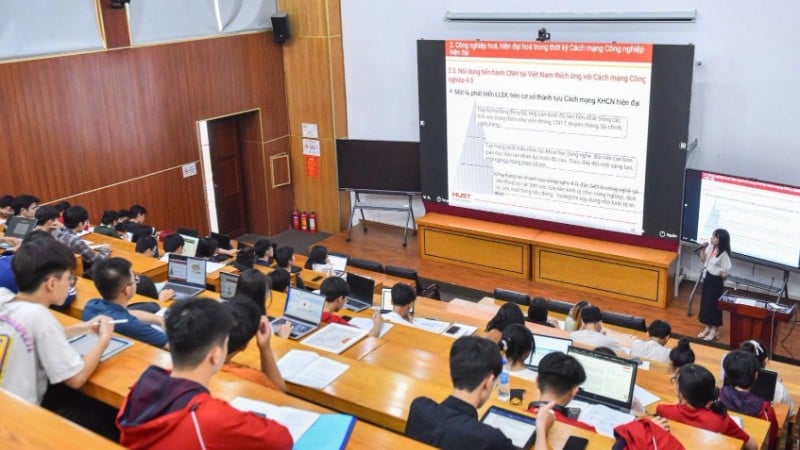
Digital citizenship education for students
Deputy Director of the Department of Science, Technology and Information ( Ministry of Education and Training ) To Hong Nam affirmed: Digital transformation is the breakthrough spearhead of the education sector. Since 2017, the Ministry of Education and Training has synchronously deployed many large projects, gradually forming a digital education ecosystem, contributing to improving the quality of education and creating conditions for lifelong learning for all people.
Since 2018, the industry-wide database has been built and put into operation, digitizing information of 50,000 educational institutions, more than 27 million student records, more than 1.7 million teacher records, more than 115,000 records of managers and employees, and at the same time connecting and identifying the national database on population with about 24.3 million citizen records of teachers and students.
Since 2018, the industry-wide database has been built and put into operation, digitizing information of 50,000 educational institutions, more than 27 million student records, more than 1.7 million teacher records, more than 115,000 records of managers and employees, and at the same time connecting and identifying the national database on population with about 24.3 million citizen records of teachers and students.
Next, in 2022, the Ministry will continue to build and deploy a higher education database, digitizing 470 training institutions with more than 177,000 records of staff, lecturers, and employees; more than 4 million student records; 34,000 training programs; 9,000 training industry information; 44,000 science and technology tasks and more than 117,000 articles published domestically.
Along with that, the Ministry has successfully piloted digital transcripts for primary, secondary and high schools in many localities, expected to officially deploy from the 2025-2026 school year; built a system of mass open online courses at the university level as well as maintained a free shared digital learning resource at the high school level with nearly 10,000 e-learning lectures, 2,000 video lectures, 200 textbooks and about 35,000 multiple choice questions, serving the widespread learning needs of students.
From a local perspective, Deputy Director of the Ho Chi Minh City Department of Education and Training Truong Hai Thanh said: In the digital age, students are not only learners but have become digital citizens, subjects that directly participate, interact and influence in the online environment. From that requirement, the Ho Chi Minh City education sector has determined that educating digital citizenship skills for students right from primary school is not only an immediate necessary task but also a long-term strategic orientation to form a generation of proactive, brave, humane and safe students in the digital world. From the 2025-2026 school year, all primary schools in the expanded Ho Chi Minh City area, including the three merged localities, will simultaneously include digital citizenship skills education content in the main and extracurricular teaching programs. The education sector will develop a common regional curriculum framework according to the guidance of the Ministry of Education and Training, and at the same time supplement content suitable to the characteristics of each locality...
Clearly define digital transformation goals at each level of education
At Hanoi University of Science and Technology, experts believe that digital transformation is only truly successful when each learner is fully equipped with digital skills and correct awareness of information security.
The Director of the Center for Technology and Digital Transformation Solutions in Education, School of Information Technology and Communications (Hanoi University of Science and Technology) emphasized: Digital technology is expected to erase the development gap, but this will only become a reality when learners are fully equipped with digital skills.
One of the prominent proposed models is e-learning MOOC, aiming to provide open online courses, allowing an unlimited number of learners, convenient access via popular devices, and proactive learning anytime, anywhere. This platform also supports monitoring and evaluating the learning process of each student, thereby contributing to the formation of a learning society in the digital age.
To continue to strongly promote digital transformation in education, Deputy Minister of Education and Training Nguyen Van Phuc emphasized the need to focus on a major task. First of all, it is necessary to raise awareness, create breakthroughs in innovative thinking, and link digital transformation with the development of science, technology and innovation. Along with that, it is necessary to innovate leadership and management methods, gradually shifting from the "traditional" model to digital governance based on data. The education sector will promote digital transformation, apply science, technology, and innovation in the activities of education management agencies and educational institutions; at the same time, review and perfect mechanisms and policies to promote science, technology and digital transformation.
Along with that is the development of modern, synchronous and secure digital infrastructure and platforms; building digital learning material warehouses, online learning platforms, promoting flexible learning models, open learning, online learning. Another key task is to train and foster the capacity to apply information technology, digital transformation for the team of managers, teachers and lecturers. Applying new technologies such as artificial intelligence, big data to personalize the learning process, evaluate learning outcomes.
Source: https://nhandan.vn/xay-dung-he-sinh-thai-giao-duc-so-toan-dien-post901824.html


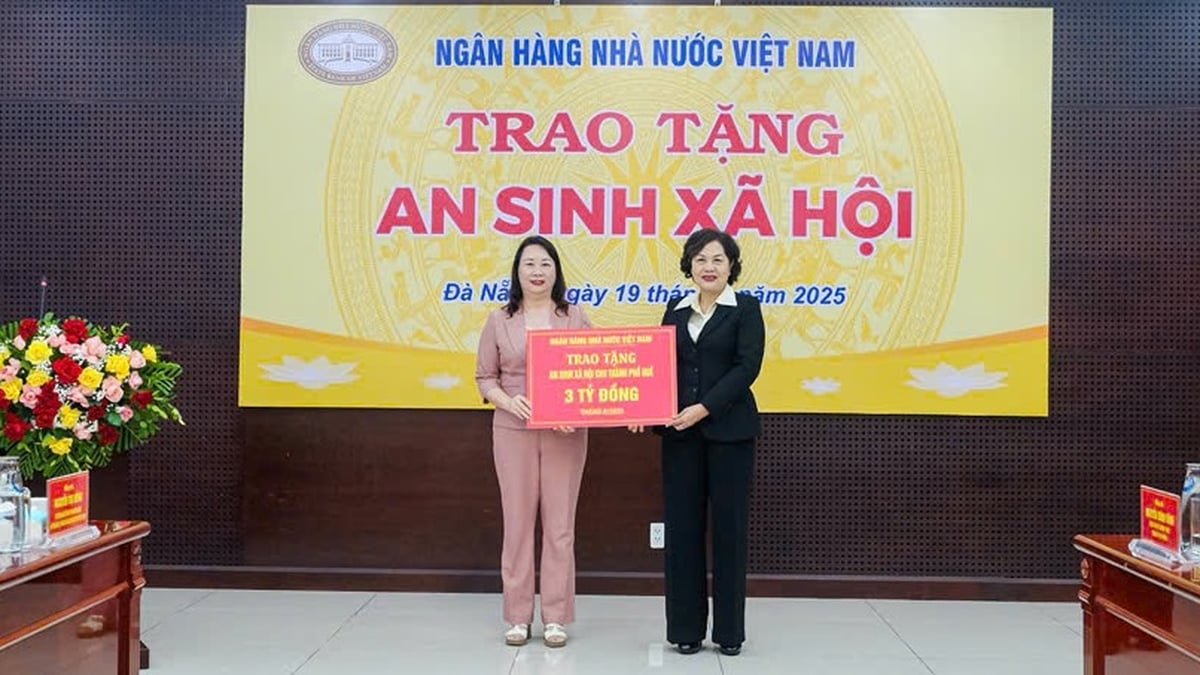


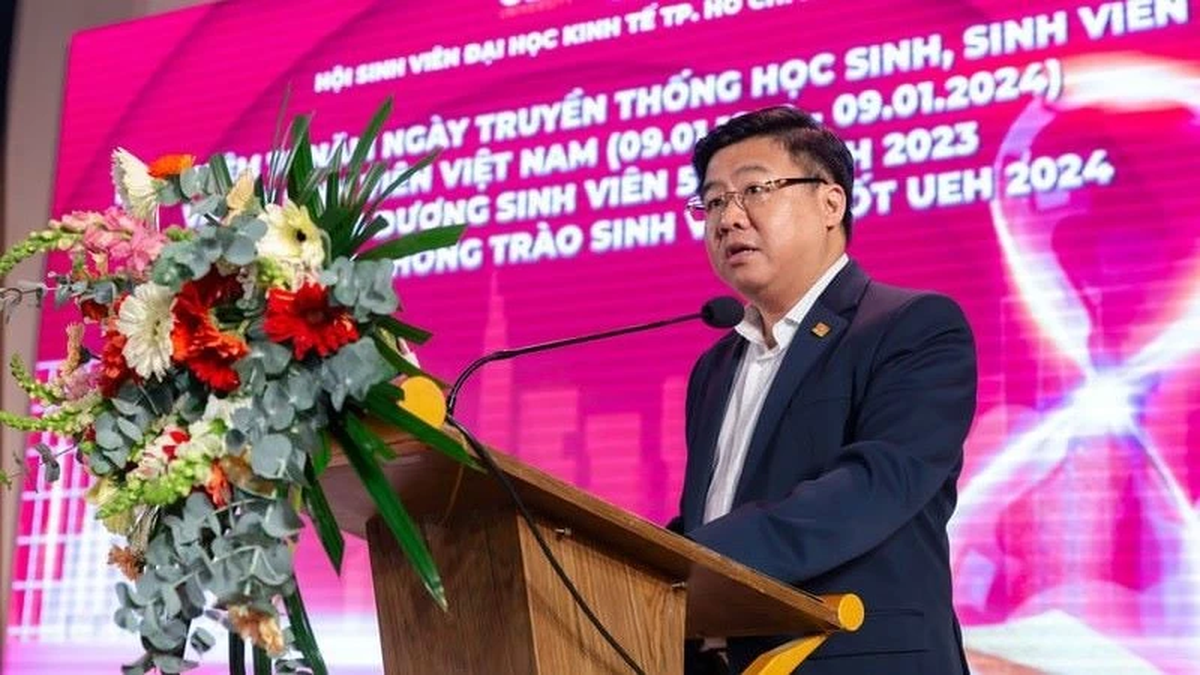

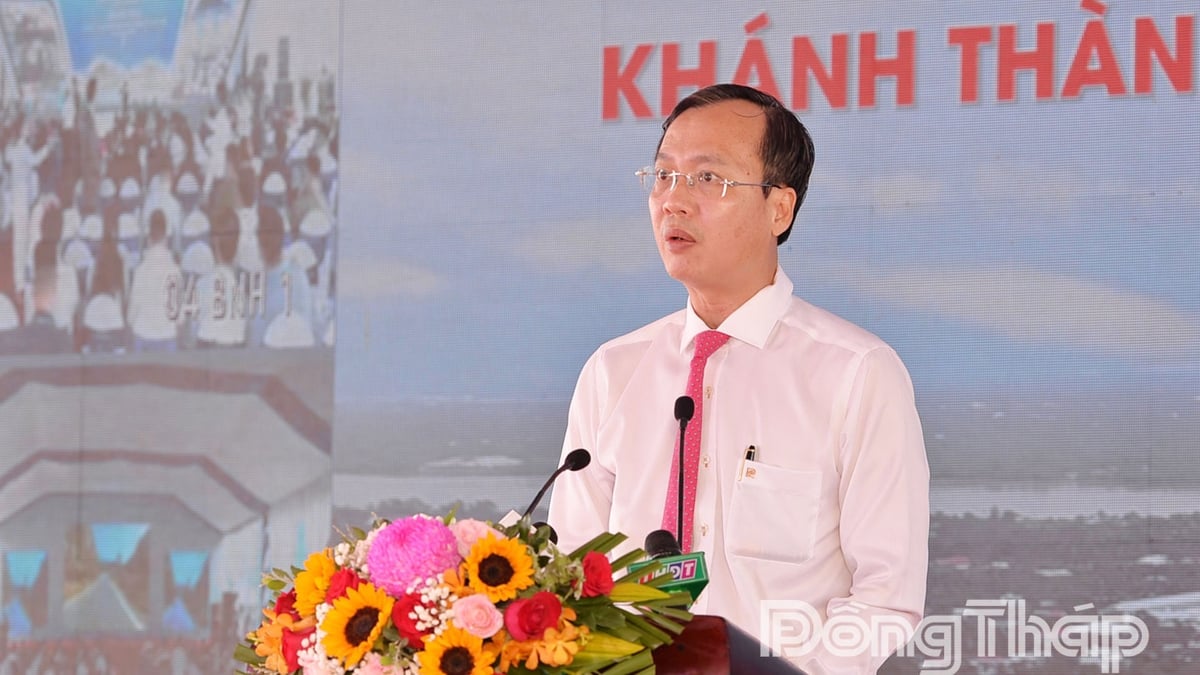

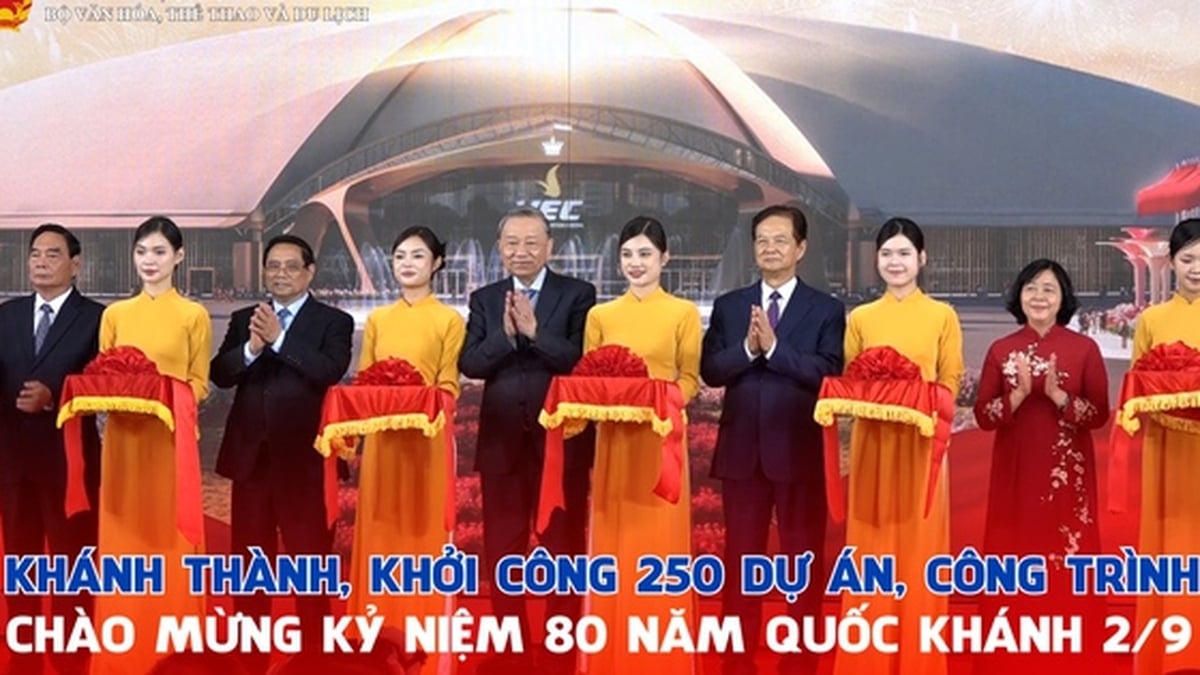













![[Photo] General Secretary and Prime Minister visit the National Exhibition and Fair Center](https://vphoto.vietnam.vn/thumb/1200x675/vietnam/resource/IMAGE/2025/8/19/f4503ad032d24a90beb39eb71c2a583f)
![[Photo] President Luong Cuong's wife and Queen of Bhutan visit Tran Quoc Pagoda](https://vphoto.vietnam.vn/thumb/1200x675/vietnam/resource/IMAGE/2025/8/19/62696af3852a44c8823ec52b03c3beb0)

![[Photo] General Secretary To Lam attends the inauguration and groundbreaking ceremony of 250 projects to celebrate National Day](https://vphoto.vietnam.vn/thumb/1200x675/vietnam/resource/IMAGE/2025/8/19/3aa7478438a8470e9c63f4951a16248b)


![[Photo] Politburo works with the Standing Committee of Da Nang City Party Committee and Quang Ninh Provincial Party Committee](https://vphoto.vietnam.vn/thumb/1200x675/vietnam/resource/IMAGE/2025/8/19/b1678391898c4d32a05132bec02dd6e1)

![[Photo] Close-up of the first International Financial Center building in Ho Chi Minh City](https://vphoto.vietnam.vn/thumb/1200x675/vietnam/resource/IMAGE/2025/8/19/3f06082e1b534742a13b7029b76c69b6)






















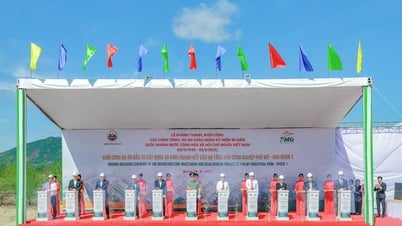



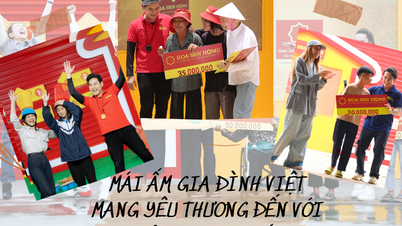



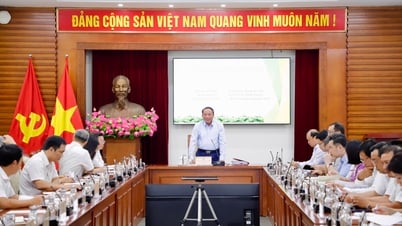


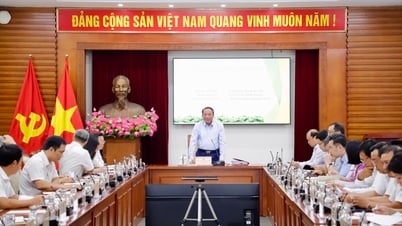


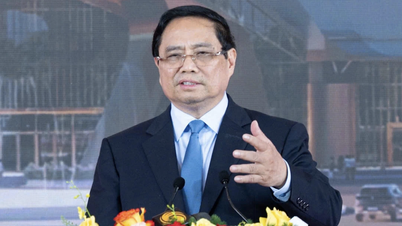
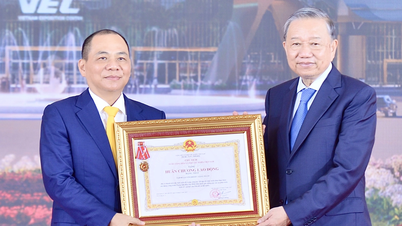

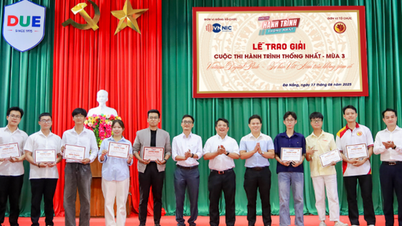

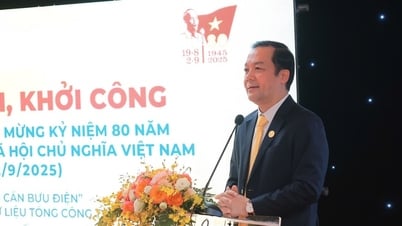
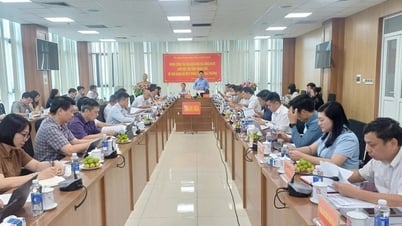
























Comment (0)